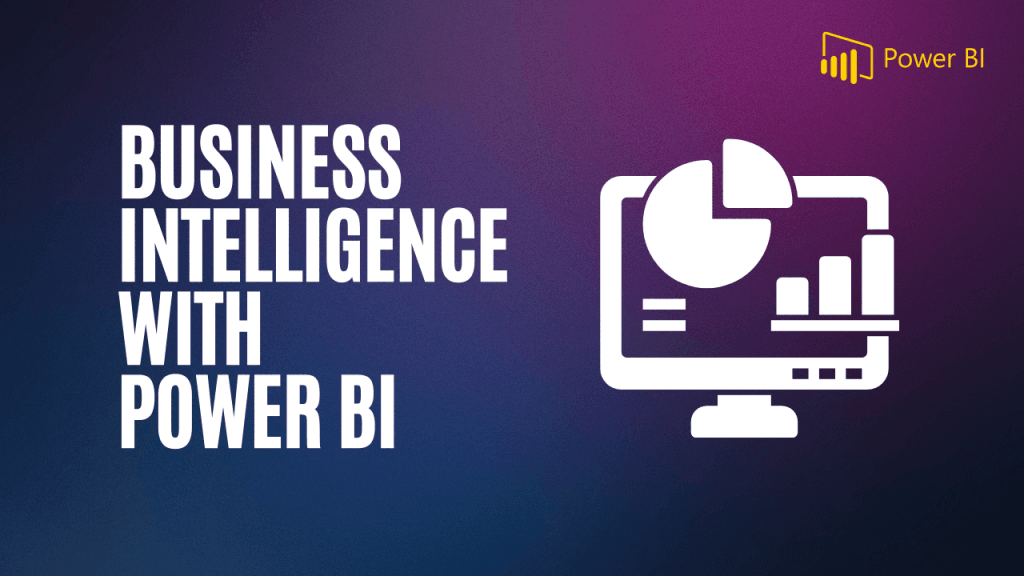Table of Contents
ToggleIntroduction to Business Intelligence:
Business Intelligence (BI) is a way for businesses to collect, organize, and analyze data. It helps companies make better decisions by understanding what is happening in their business. For small businesses, BI can be a powerful tool to grow and succeed. This article will explain how small businesses can use BI to their advantage, using simple steps and examples.
Why Small Businesses Need Business Intelligence:
Small businesses often have limited resources. They may not have as much money, staff, or time as larger companies. This is why making the right decisions is very important. With BI, small businesses can learn more about their customers, products, and services. They can also find out what is working well and what needs to be improved. By using BI, small businesses can make smarter choices that help them grow
For example, a small bakery might use BI to see which products are selling the best. By understanding this, the bakery can focus on making more of the popular items and reduce waste on items that do not sell as well. This can save money and increase profits.
Ready to take your Business Intelligence skills to the next level? Check out our comprehensive Mastering Business Intelligence with Power BI course.
How to Start with Business Intelligence:
Starting with BI does not have to be difficult or expensive. Small businesses can begin with simple steps:
1. Collect Data: The first step is to gather data. This could be sales numbers, customer feedback, or website visits. Small businesses already have a lot of this data, even if they don’t realize it. Keeping track of sales, customer emails, and social media interactions can provide valuable information.
2. Use BI Tools: There are many tools available that are easy to use and affordable. Tools like Microsoft Power BI, Google Data Studio, and Tableau offer free versions that small businesses can try. These tools help organize data and create visual reports, making it easier to understand.
3. Analyze and Act: Once the data is collected and organized, the next step is to analyze it. Look for patterns and trends. For example, if most customers buy a certain product in the summer, plan to stock up on that product before the season starts. Acting on these insights can lead to better business decisions.
Examples of Business Intelligence in Action:
While BI offers many benefits, small businesses may face some challenges when using it:
1. Lack of Expertise: Small businesses may not have a dedicated team for BI. However, this should not be a barrier. Many BI tools are designed to be user-friendly, with tutorials and support available. Small business owners can start small and learn as they go.
2. Time Constraints: Running a small business is time-consuming, and finding time for BI can be difficult. The solution is to start with small, manageable projects. Even a few hours a week dedicated to BI can lead to significant improvements.
3. Data Overload: With so much data available, it can be overwhelming to know where to start. The key is to focus on the most important data that directly impacts the business. For example, tracking customer purchases and feedback can provide immediate and actionable insights.
Ready to take your Business Intelligence skills to the next level? Check out our comprehensive Mastering Business Intelligence with Power BI course.
Challenges and Solutions:
Let’s look at some real-life examples of how small businesses can use BI:
1. Customer Insights: A small clothing store might use BI to find out what types of clothes are most popular with different age groups. By knowing this, the store can market the right products to the right customers. For instance, if young adults prefer trendy styles, the store can focus on stocking and promoting these items.
2. Improving Services: A local restaurant could use BI to analyze customer feedback. If many customers mention slow service during lunch hours, the restaurant can hire more staff or change the menu to include quicker options. This can improve customer satisfaction and encourage repeat business.
3. Cost Management: A small manufacturing company might use BI to track the cost of materials. If the price of a key material is rising, the company can look for cheaper alternatives or negotiate better deals with suppliers. By managing costs effectively, the company can maintain profits even when prices go up.
Conclusion
Business Intelligence is not just for big companies; small businesses can benefit greatly from it too. By collecting and analyzing data, small businesses can make better decisions, improve customer satisfaction, and manage costs effectively. Starting with BI does not have to be expensive or complicated. With the right tools and a focus on key areas, small businesses can use BI to grow and succeed.
Ready to take your Business Intelligence skills to the next level? Check out our comprehensive Mastering Business Intelligence with Power BI course.



